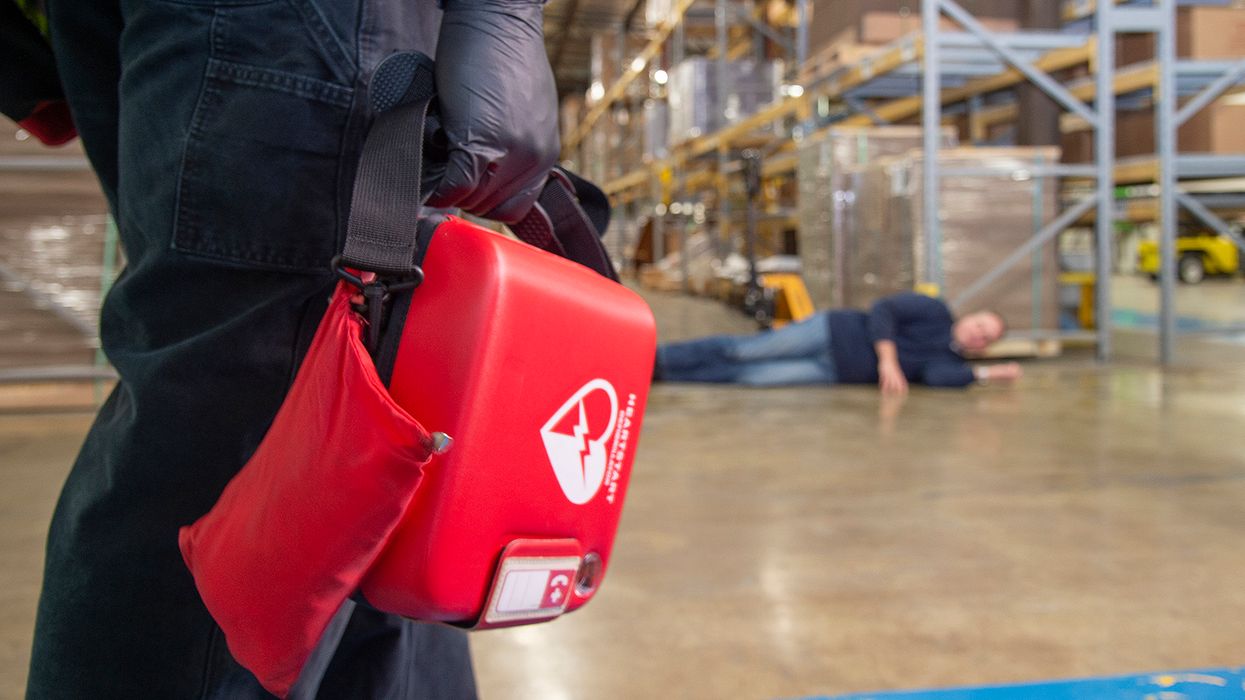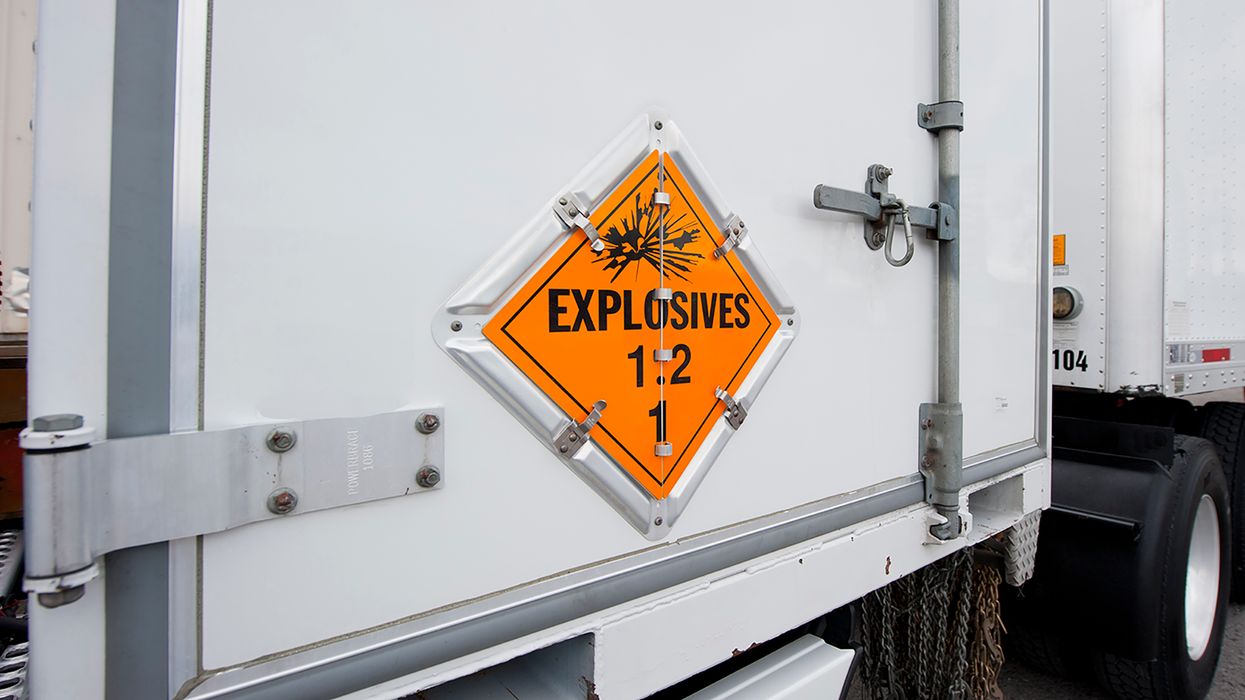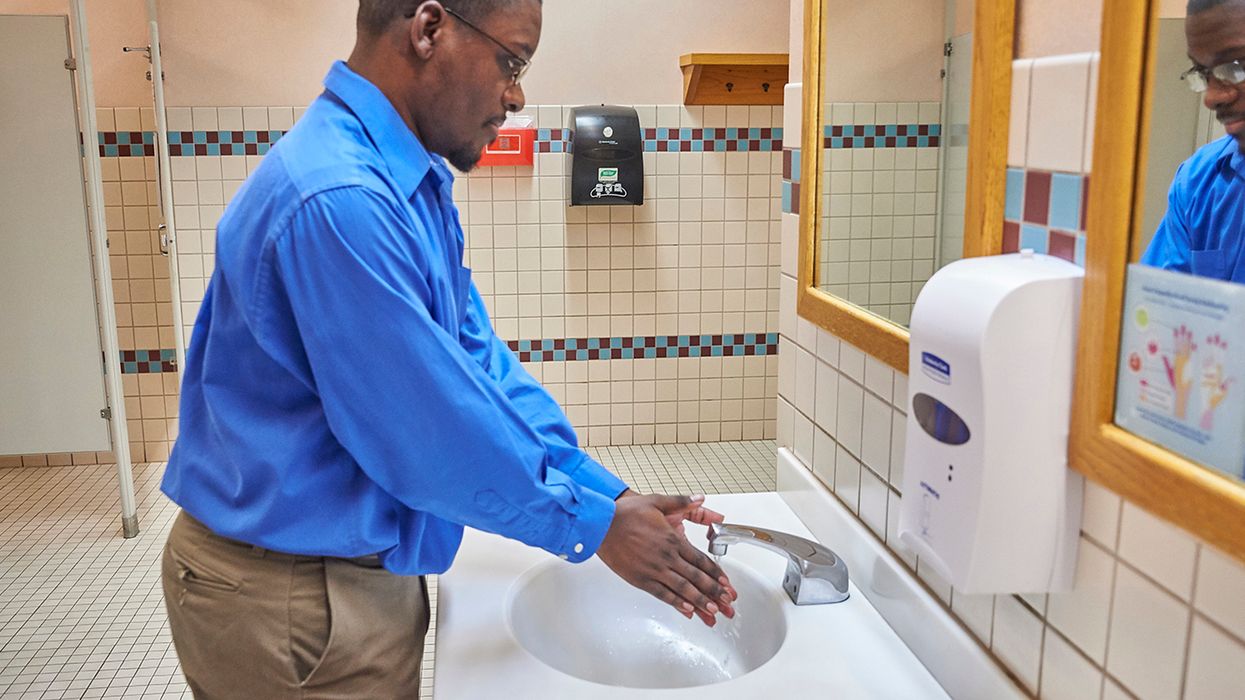FMLA leave for hangovers? The ‘F’ doesn’t stand for ‘football’
National Football Hangover Day occurs the Monday after the “big game,” and employees might bench themselves from work by calling in sick. It’s estimated that 22.6 million U.S. employees plan to miss work that day, according to HR software company UKG.
Whether employees are upset about the game’s outcome, have indigestion from eating too much pizza, or are nursing a hangover, employers should have a game plan ready if employees ask for time off under the federal Family and Medical Leave Act (FMLA) to recover.
Does the FMLA cover an employee who misses work because of a hangover?
No. The FMLA doesn’t cover absences that are a result of using alcohol or illegal drugs (except for qualified substance abuse treatment). An absence for a hangover, therefore, isn’t covered by the FMLA, and an employer’s regular attendance policy would apply.
Substance abuse treatment
FMLA leave for treating alcohol or drug use is a qualifying event (assuming an employee is eligible for leave). An eligible employee who seeks medical care to address their issues with substance abuse could benefit from the FMLA’s job protections as long as the condition meets the definition of a serious health condition.
If an eligible employee, for example, enters a treatment facility for a 30-day inpatient alcohol recovery program, that time would qualify for FMLA leave. Another example would be if an eligible employee is in an outpatient program during the workday, that, too, would qualify for FMLA leave. Employees may also take shorter amounts of time off to attend support meetings.
Employers don’t have to simply take employees at their word, though. Employers may request a certification supporting the need for such leave, and the certification should provide enough information to determine if the condition is a serious health condition.
What isn’t covered?
An absence because of an employee’s illegal or inappropriate use of a substance, rather than for treatment, isn’t protected. If an employee, for example, gets arrested for driving under the influence and spends time in jail, that isn’t an FMLA-qualifying event.
An employer may take disciplinary action against an employee based on a uniformly applied substance abuse policy, as long as the action isn’t being taken because the employee has exercised their FMLA rights.
Even if the employees say that they plan on obtaining treatment sometime in the future, that’s not enough to qualify for FMLA leave. It’s only for actually receiving treatment.
Key to remember: Employees don’t have the right to FMLA leave because they are hungover but could take leave for substance abuse treatment.



















































